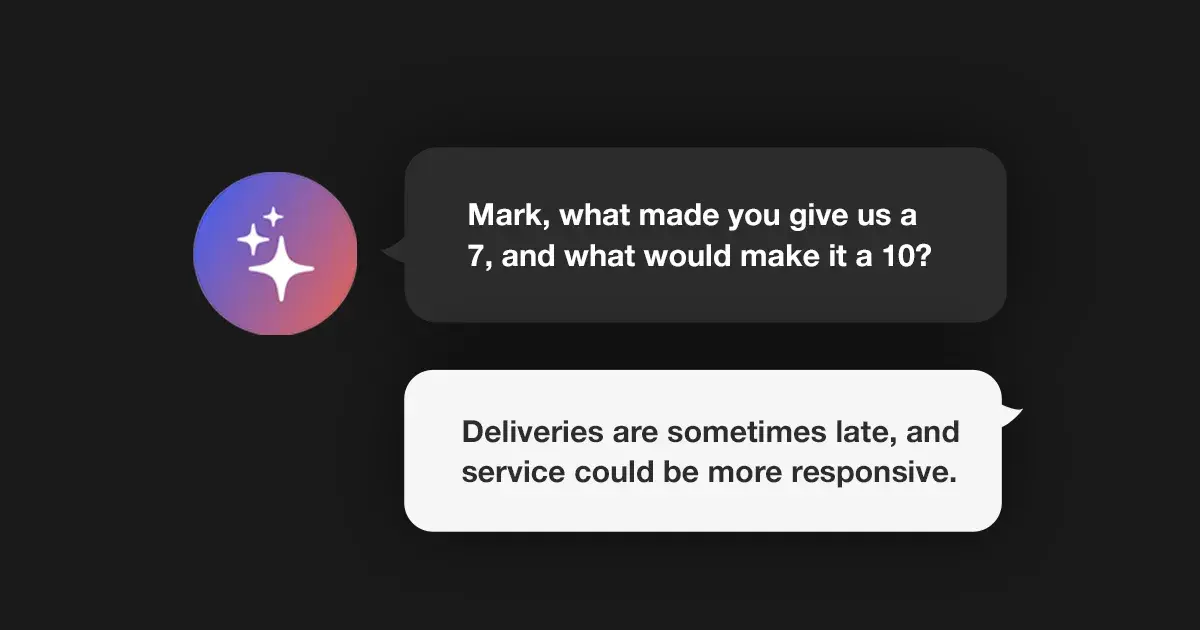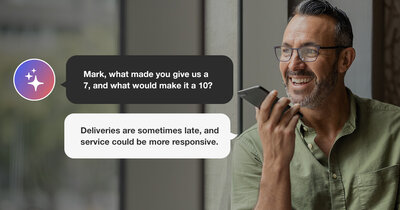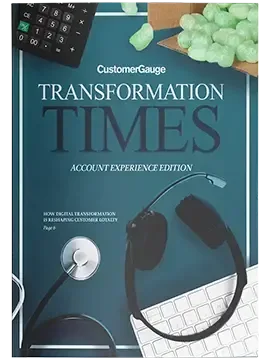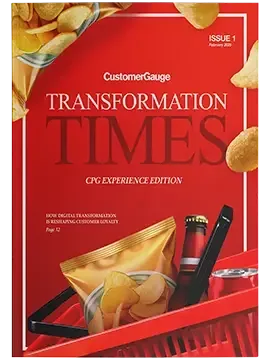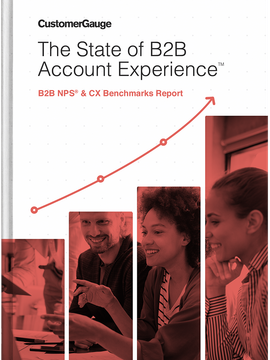Measuring Customer Feedback Playbook
-
Platform
Platform Capabilities
-
Surveys & Feedback Capture real-time feedback at the account level, connected to revenue and sentiment
-
Dashboards & Analytics Visualize the Account Experience, revenue risk, and financial impact all in one place
-
Acting on Feedback Route feedback to the right teams and act on what protects revenue with intelligent AI support
Only With CustomerGaige
-
Account-Centric NPS® See true account health across all stakeholders, not fragmented feedback from one contact
-
Revenue-Based NPS® Connect account NPS directly to revenue, risk, and financial outcomes in real-time
-
Gaige AI AI that interviews customers, summarizes feedback, and surfaces next actions instantly
The B2B Experience Platform
CustomerGaige is the only B2B experience solution built for real-time feedback and actionStart a Tour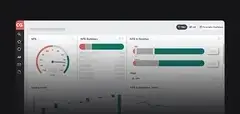
-
-
Solutions
By Industry
-
Consumer Packaged Goods Turn real-time feedback into shelf-winning decisions and see what drives retailer satisfaction
-
Beverage Collect and act on real-time feedback across every touchpoint from production to point of sale
-
Logistics Track and act on account feedback at every touchpoint to reduce delays and protect contracts
-
Manufacturing Capture key account and distributor feedback to see which relationships you can grow
-
Technology Expand accounts with real-time feedback and see risk before renewals and upsell opportunities
-
Services Collect and act on feedback to grow critical B2B accounts faster and spot risk before it costs you
-
-
Resources
What’s New:
- Customers
-
About
Hot Off The Press:
- See It Live
- Log In
